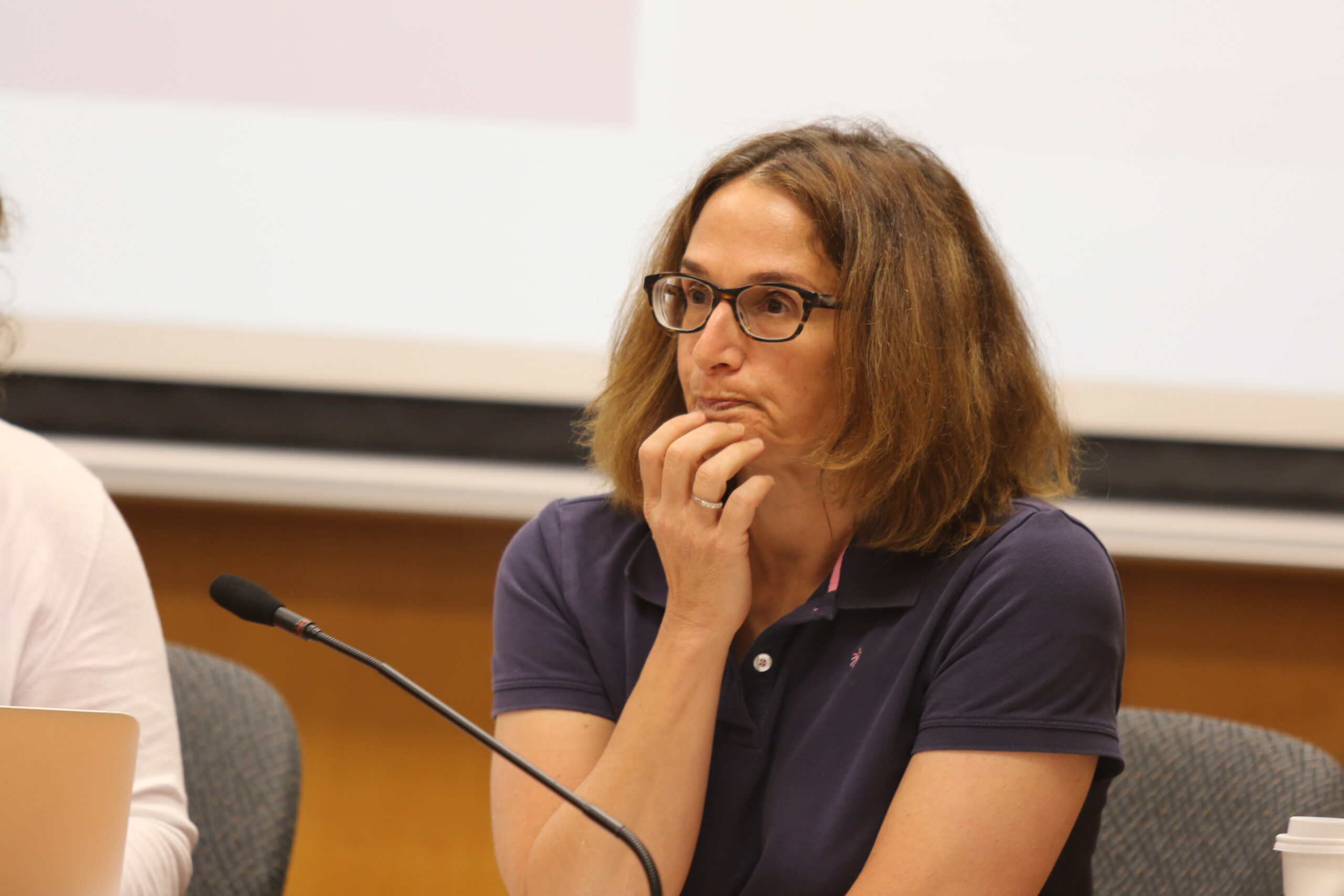A Princeton Public Schools Board of Education member, citing recent suspension data, said on July 18 that minority students and special education students in the school district are “disproportionately” being punished.
“I’m just asking everyone be treated the same and I don’t think that’s happening,” said board member Dafna Kendal, who is the mother of a special education student.
The most recent available total for suspensions was for the 2016-17 school year. During that time, there were 51 suspensions of 42 students and, according to data the district released, more than half of the students were not white.
Suspensions were given to four Asian students, 11 black students, 11 Hispanic students, 14 white students and two multi-race students, the numbers showed.
The data did not show how many special education students had been suspended, but Kendal, referring to information she was made privy to, said the suspensions of special education students, though not a majority of all suspensions, was still high enough to cause her concern.
In terms of the overall enrollment of 3,733 students that year, Asian students were 21 percent of the population, black students 6 percent, Hispanic students 13 percent, multi-race students 5 percent, white students 55 percent and all others making up the rest, data from the district showed.
Kendal said she thought the enrollment of special education students that school year was about 15 percent.
Kendal could not put her finger on why student discipline tilts one way, and she said she felt minority and special education students were not being targeted. She dismissed the notion that those students get into trouble more than their peers.
“I think people need to be honest with themselves,” she said in a phone interview on July 18 when asked what the remedy was.
Kendal’s comments came after the board on July 17 reviewed an equity audit completed by a consultant, Marceline DuBoise, who, among other things, reported on attitudes toward student discipline.
The survey found that 26 percent of black students and 36 percent of black parents felt that “all students are treated equally when disciplined.” The same consultant found that 40 out of the 51 suspensions were for “objective” offenses where there is a clear wrong-doing by the student, like bringing a weapon or drugs to school.
At the board meeting, Kendal pointed to what she termed an “identify patient problem” in the district, in which minority students and special education students are “the ones people are looking at anyway.”
On July 18, Superintendent of Schools Stephen C. Cochrane released a statement on the suspension data.
“As a district, we hired an outside consultant to conduct an equity audit to make sure we are looking at our practices, and ourselves, honestly and objectively,” he said. “Suspension rates, while low in the Princeton Public Schools, do reflect disproportionality with regard to our students of color.
“We take that finding seriously. Indeed, we take it so seriously, that we are striving to look beyond suspension rates to understand the other experiences of our students that are not as easily measured. Experiences of unconscious bias or other micro-aggressions, for example, may not be recorded, but we know they can add up over time to make students feel less valued in our schools,” Cochrane said.
Kendal said the district is working to address “unconscious biases,” but would not elaborate on that issue.
“Based on my experiences as a parent and as a board member,” Kendal said, “I think the children of color and the children with special needs, in some cases, don’t get the benefit of the doubt like that (of) children who are not of color or in special education.”
In a follow-up interview on July 19, Kendal elaborated on her remarks to say she felt that minority students and special education students might not have “previously” gotten the benefit of the doubt in cases that normally lead to suspensions.
“But in the past year, I have seen an honest effort by the high school administration to take a second look before going ahead with discipline,” she said. “I’m hopeful the changes will continue.”
Board President Patrick Sullivan had no comment on the matter on July 18.
Kendal’s term on the board is ending this year and she has declined to say publicly if she plans to run for a second term. Asked if taking a position on student discipline as she is doing might help or hurt her candidacy, she said, “I’m just trying to do the right thing for the kids.”

